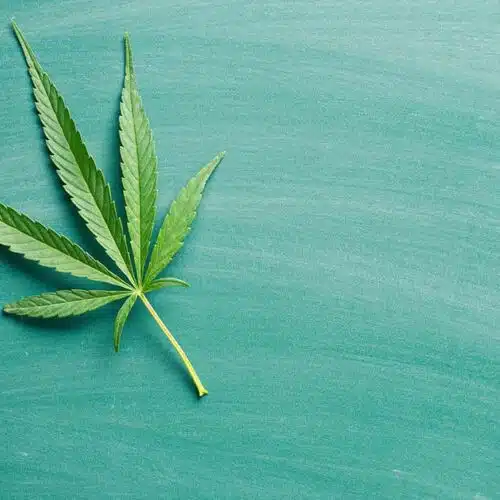Late Monday night in what was an unexpected move, DEA administrator Chuck Rosenberg submitted his letter of resignation. Rosenberg, appointed in 2015, was a holdover from President Obama’s administration. According to multiple sources including the Washington Post and the New York Times, Rosenberg’s resignation was due in part to his belief that President Trump “had little respect for the law.” In an official email sent to DEA employees confirming his resignation, he didn’t give a definitive reason behind his decision. While Rosenberg’s resignation may be seen as a surprise to some, there were many factors that contributed to his decision.
Why Did Rosenberg Step Down?
The news of Mr. Rosenberg’s resignation comes only a few weeks after he sent an email to DEA employees disputing a statement President Trump made, seemingly condoning police brutality by instructing law enforcement officials “not to be too nice” when arresting someone. Also, Rosenberg once served as the Chief of Staff to the now former FBI director James Comey, who President Trump fired earlier this year. His discontent with the actions of President Trump are most likely what led to Rosenberg’s resignation.
Rosenberg’s Disturbing View of Medical Marijuana
Rosenberg’s views on medical marijuana were not ideal for a DEA chief. He considered medical marijuana “a joke,” and on multiple occasions stated “marijuana is not medicine.” Displaying a fundamental misunderstanding of how cannabis can help ease afflictions from common medical conditions, Rosenberg elaborated on his anti-cannabis sentiment in 2015 when he said “if you talk about smoking the leaf of marijuana, which is what people are talking about when they talk about medicinal marijuana, it has never been shown to be safe or effective as a medicine.”
Rosenberg’s statements on cannabis clearly reflected his bias against the scientific evidence proving marijuana can treat conditions from cancer to MS. But while his statements were bleak and unfavorable, under his leadership the DEA didn’t substantially increase pressure on the states where medical marijuana is already legalized. However, now that Rosenberg has resigned from the DEA, President Trump now has the power to appoint his replacement.
Concerns Over Rosenberg’s Replacement
Who President Trump chooses to be the next DEA administrator will have a significant impact on how the agency will interact with states where medical cannabis has already passed local legislation.
The fear of many in the pro-cannabis community is that Trump may appoint someone with even stronger opposition views towards medical marijuana, much like Chuck Rosenberg’s predecessor Michele Leonhart. Leonhart harbored outrage in 2012 when, during a congressional hearing, she was unable to come to the simple admission that crack cocaine and heroin were worse drugs than cannabis.
Will President Trump Appoint An Anti-Cannabis Hardliner?
Fears about who Trump will appoint as Rosenberg’s replacement are not unfounded. While Trump has previously said he will not pursue states that have already legalized medical marijuana, his frequent contradictory behavior leaves us with a big question mark. Trump has already appointed Jeff Sessions to be the Attorney General, the nation’s most powerful lawyer. Sessions has called anyone who uses marijuana “a bad person” and recently asked Congress to allow the Department of Justice to prosecute medical marijuana states.
Should Trump appoint a DEA administrator that shares similar ‘reefer madness’ views that Sessions does, the 29 states and Washington D.C. that have legalized medical marijuana may be in prosecutorial jeopardy. The Trump administration has been notoriously slow in appointing officials in more important government agencies like the State Department, so it is unlikely we will see an appointee anytime soon.

